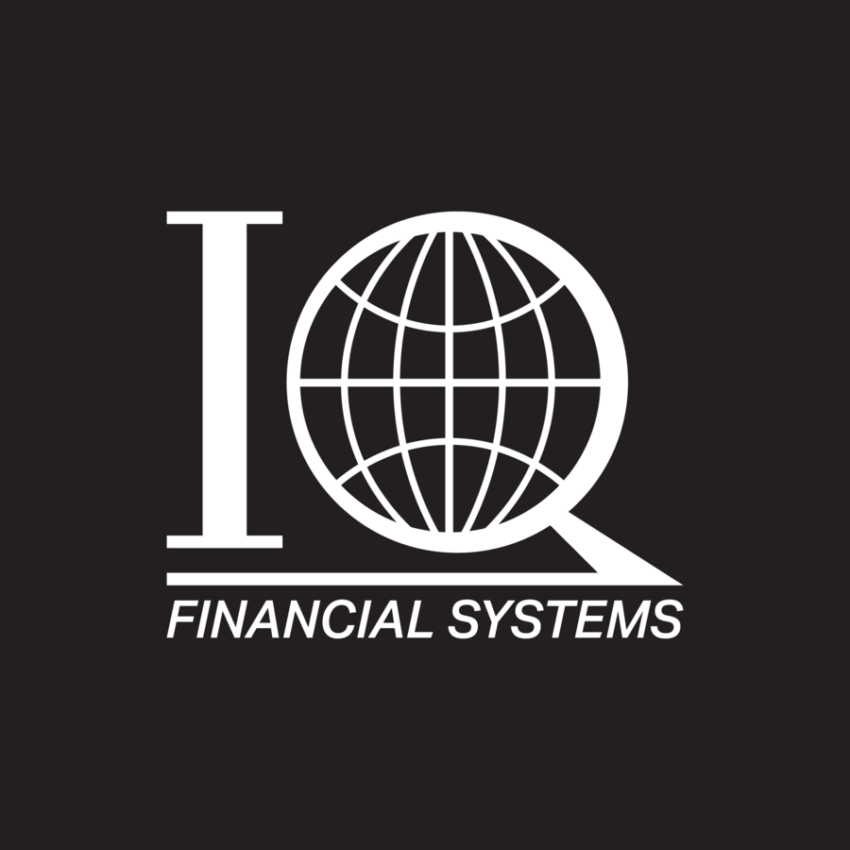Define the financial system and bring out the components of financial system

The financial system is a highly intricate and interlinked network of institutions, markets, instruments, and regulations designed to facilitate the movement of funds and capital within an economy.
Its primary objective is to efficiently allocate financial resources, bolster economic growth, and effectively mitigate risks.
The financial system is the cornerstone of modern economies, empowering individuals, businesses, and governments to save, invest, borrow, and manage their financial affairs proficiently.
The following components describe the critical elements of a financial system:
Financial Institutions
- Banks: These encompass commercial banks, savings banks, and credit unions, which provide diverse financial services, including deposit acceptance, loan provision, and payment facilitation.
- Non-Bank Financial Institutions: This category includes insurance companies, pension funds, hedge funds, and other financial intermediaries that offer specialized financial services and investment opportunities.
- Central Banks: These institutions are entrusted with the regulation and control of the money supply and interest rates, as well as ensuring the overall stability of the financial system.
Financial Markets
- Money Markets: These markets handle short-term debt instruments such as Treasury bills, commercial paper, and certificates of deposit.
- Capital Markets: Encompassing stock and bond markets, where companies’ long-term securities and ownership stakes are traded.
- Derivatives Markets: These markets facilitate trading financial contracts derived from underlying assets, such as options and futures.
Financial Instruments
- Stocks: These represent ownership in a company and are actively traded in stock markets.
- Bonds: Debt securities that pay periodic interest and return the principal at maturity, traded in bond markets.
- Derivatives: Financial contracts whose value is linked to an underlying asset or index.
- Commodities: encompass raw materials or primary agricultural products traded in commodity markets.
Payment and Settlement Systems
- Clearing and Settlement Systems: These mechanisms are responsible for the processing and finalizing of financial transactions.
- Payment Systems: Infrastructure that facilitates the transfer of funds and the settlement of financial obligations, including credit and debit cards, checks, and electronic fund transfers.
Regulatory Authorities
- Government Agencies, Such as the Securities and Exchange Commission (SEC) and the Federal Reserve in the United States, oversee various financial system aspects.
- International Organizations, Such as the International Monetary Fund (IMF) and the Bank for International Settlements (BIS), which work to promote global financial stability.
Financial Services
- Asset Management: This involves the management of investment portfolios and the provision of financial advice.
- Insurance: Offers protection against a wide range of risks, including life, health, property, and liability.
- Credit Services: Encompassing lending and credit evaluation services.
Financial Advisory and Planning Comprising professionals who offer financial management, tax planning, and investment strategies guidance.
Regulations and Legal Framework Laws and regulations govern the financial industry, ensuring consumer protection and maintaining stability and integrity within the system.
Compliance and enforcement bodies ensure that financial institutions and market participants adhere to these rules.
The effective operation of the financial system is vital for economic development and stability, as it directs savings into productive investments, supports the efficient allocation of capital, and aids in risk management.
However, it also carries systemic risks and necessitates vigilant oversight to prevent financial crises and safeguard the welfare of individuals and society.

